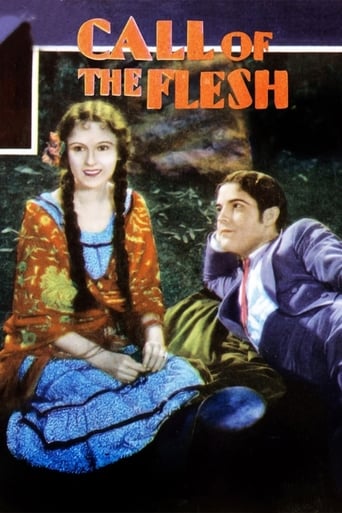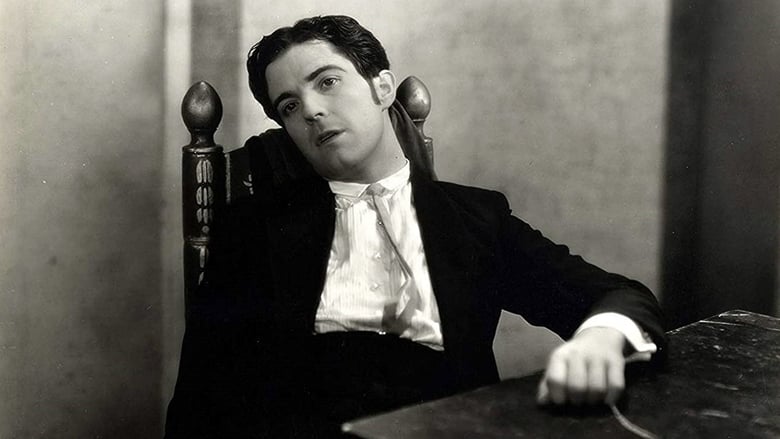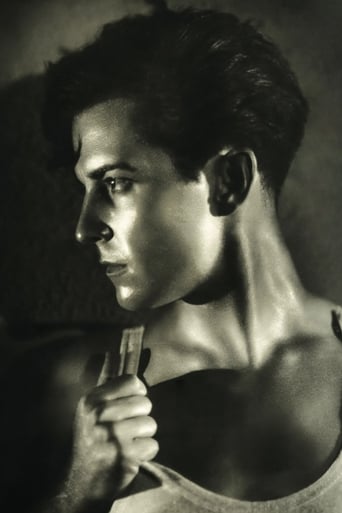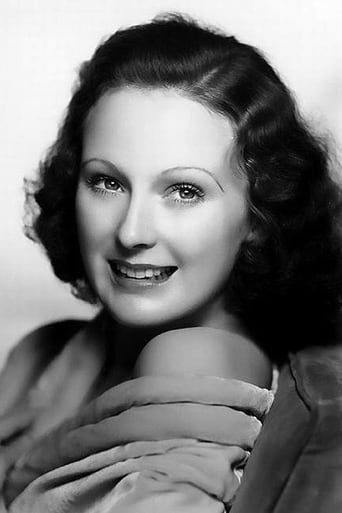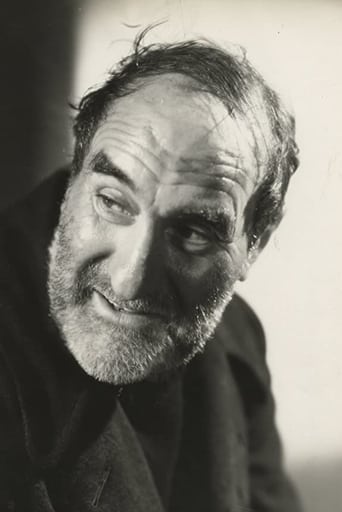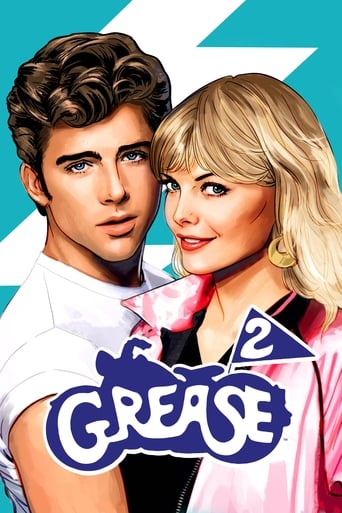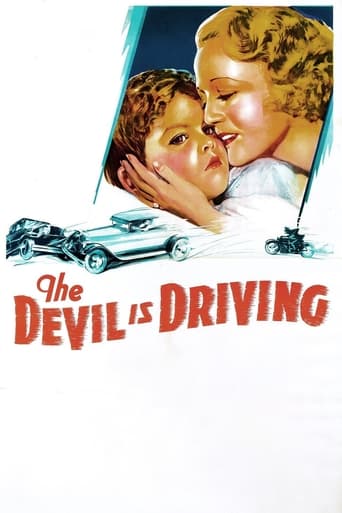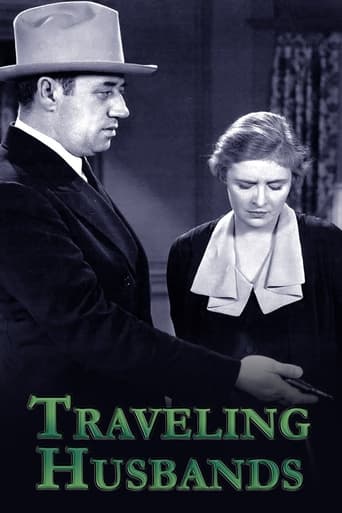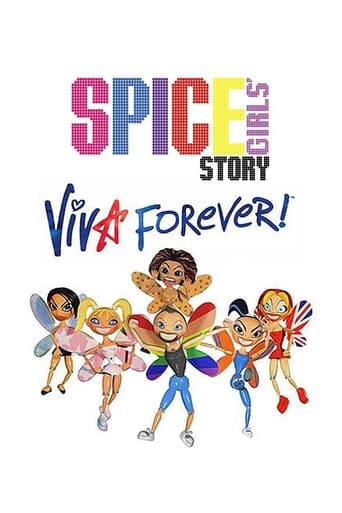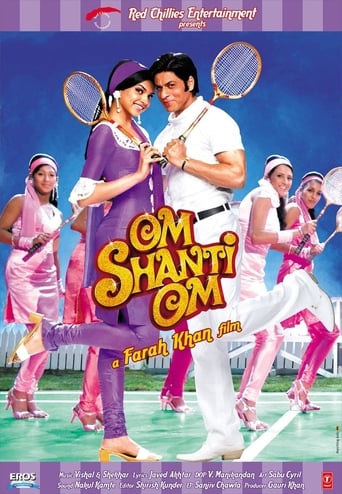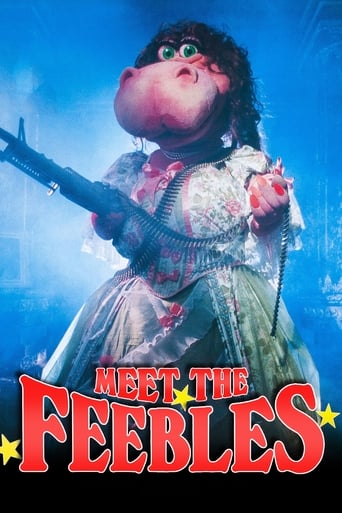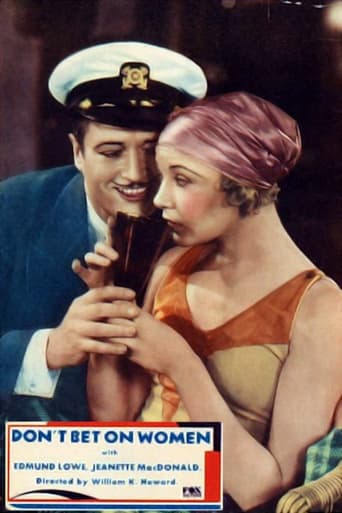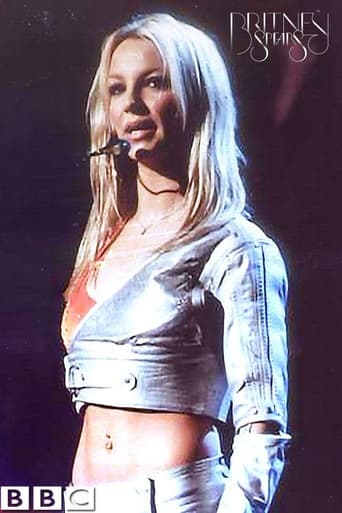Call of the Flesh (1930)
A student nun falls in love with a Mexican singer starring in a cafe next door to her convent.
Watch Trailer
Free Trial Channels
Cast


Similar titles
Reviews
I like the storyline of this show,it attract me so much
Self-important, over-dramatic, uninspired.
This movie feels like it was made purely to piss off people who want good shows
Through painfully honest and emotional moments, the movie becomes irresistibly relatable
In a Spanish convent, girlish-acting Dorothy Jordan (as Maria Consuelo Vargas) is thinking about taking her final vows when she hears handsome Ramon Novarro (as Juan de Dios) singing in a nearby cantina. She sneaks away from the nunnery to watch Mr. Novarro sing. The seemingly aroused Ms. Jordan looks like she may never become a nun. Novarro playfully turns down some after-hours bedtime with attractive dancing partner Renee Adoree (as Lola) – proving "Whatever Lola wants, Lola gets" is not correct, this time. Next, Novarro sups with operatic mentor Ernest Torrence (as Esteban), steals a few things at the market, and then meets Jordan. The two become mutually attracted... Hoping to advance his career, Novarro moves to Madrid with Mr. Torrence going along as singing coach. They take love-struck Jordan along to serve as cook. Back at the convent, Ms. Adoree jealously informs Jordan's brother Russell Hopton (as Enrique Vargas) about her association with Novarro. The nuns say Jordan never took her final vows, but Mr. Hopton expects his sister to remain holy – he is understandably upset about her running away with a young man. We're supposed to think there is some danger in this, but there is none... "Call of the Flesh" is a silly piece of fluff. Jordan was capable of much more – here, she's stuck impersonating a giggling novice. Adoree does better with her role. Sadly, this was the last film for Adoree, who often appeared supporting bigger stars – like Novarro, John Gilbert and Lon Chaney. She became ill during production and succumbed to tuberculosis in 1933. His female co-stars have a fine rapport with Novarro. Greater as a villain, Torrence is out of sorts as Novarro's loving mentor. The cameras adore Novarro. There are clearly times when director Charles Brabin is unable to reign him in, but Novarro is charming in spite of it all. Most important to his new generation of fans, he looks terrific. ***** Call of the Flesh (8/16/30) Charles Brabin ~ Ramon Novarro, Dorothy Jordan, Ernest Torrence, Renee Adoree
I must disagree with several of the reviews here by our members. Not because I think this is a great film -- it's not. But because they seem a bit unaware of the situation.First, in terms of why the popularity of his films fell off. This film was a healthy money-maker, and so were several of his films after this. But, particularly in the early days of Hollywood, the film industry tended to go through cycles of "taste". Some of the cycles were stories about rich people all taking place during the Depression, stories about jewel thieves, stories that took place in exotic lands, etc. And one cycle was "Latin lovers"...a cycle which lasted about a decade, beginning with Valentino and practically ending with Novarro. And why did that cycle end? The coming of the American hero -- Gable and Cagney in 1931, just one year after this film. American tastes were changing.Second, rather than blame Novarro for the problems with this film, I choose to blame the director. Slow pace -- that's the director's responsibility. Meandering script -- how is that the actor's fault? Poor sound -- after all, the film was made just 3 years into the talkies and the big improvements that arrived right around this time. This looks like a fairly big budget film for MGM...consider the sets, for example.I found the criticisms of Novarro's acting interesting. It certainly doesn't fit today's tastes (nor does his singing voice...a style that was totally outdated by a decade later when the crooners took over. What did I see in Novarro's acting? He appears pleasant on screen here; a good person. But I saw gay mannerisms by an actor trying to be suave and manly. And that's why I think his acting here doesn't quite work.I know what you may be thinking. This review is just written by a Novarro fan. Nope. First movie of his that I ever saw. But what is missing in many of the reviews here is context. And the context is a threshold of change in Hollywood -- change in what is desired in a leading man, change is the type of stories to be told, change in the technical abilities of the Hollywood studios, change in the tastes of the American public.This is worth watching for a glimpse of really old Hollywood on the verge of morphing into the Gables and Loys and Cagneys and Davises.
By no means a "B" film in budget, but definitely one in story and technique. After seeing this effort, it's remarkably easy to understand why Novarro's stellar career declined so rapidly and dramatically in the sound era. It's not that there's anything wrong with his voice, it's just that his acting seems so ludicrously inept and his personality so colorless and lacking in charisma. Mind you, if you turn off the sound, then Novarro's gestures and even his persona appear quite acceptable. But with sound in this film, he's just ridiculous! True, the script itself is a load of old romantic melodrama that's about impossible to stomach, let alone get involved in. The only way to rescue this sort of operettish stew from the throw-out pot, is to pep it up with flair and imagination. Unfortunately, Charles Brabin is not this sort of chef at least not here. He did learn his lesson, but here his direction is little more than disinterested and/or routine. Even the sets lack the pictorial qualities we usually associate with Cedric Gibbons. The sound recording of course is poor. But at least the photography in the present wholly black-and-white version telecast by TCM retains appeal.
Ramon Novarro is really great in this fairly ordinary film about a young singer and his love for an innocent girl. The plot calls on him to sing a lot - and he does so quite brilliantly. He is also called upon to go through some pretty heavy emotional stuff and he is nothing short of astonishing in these scenes. Also he demonstrates his usual charm, wit and joy of life - and proves yet again that he deserved better material than MGM offered him.It's easy to see why this sweet film was so popular in its day, and why it was re-made twice (in Spanish and French) in 1931, with Ramon starring in and directing both versions. It's all impossibly romantic and quite charming.Ramon's regular leading lady, Dorothy Jordan, is pretty good here, Ernest Torrence hams a bit as Ramon's dad, and Renee Adoree is wonderful in her last screen performance (she died very young of TB) - just as in "The Pagan" her love for Ramon is unrequited and she is ultimately self-sacrificing. Russell Hopton is, unfortunately, wooden as Jordan's brother and, as a consequence, his crucial climactic scene with Ramon does not work as well as it should have.Charles Brabin's direction and the screenplay are uninspired, but the film is worth seeing for Ramon Novarro's extraordinary performance.

